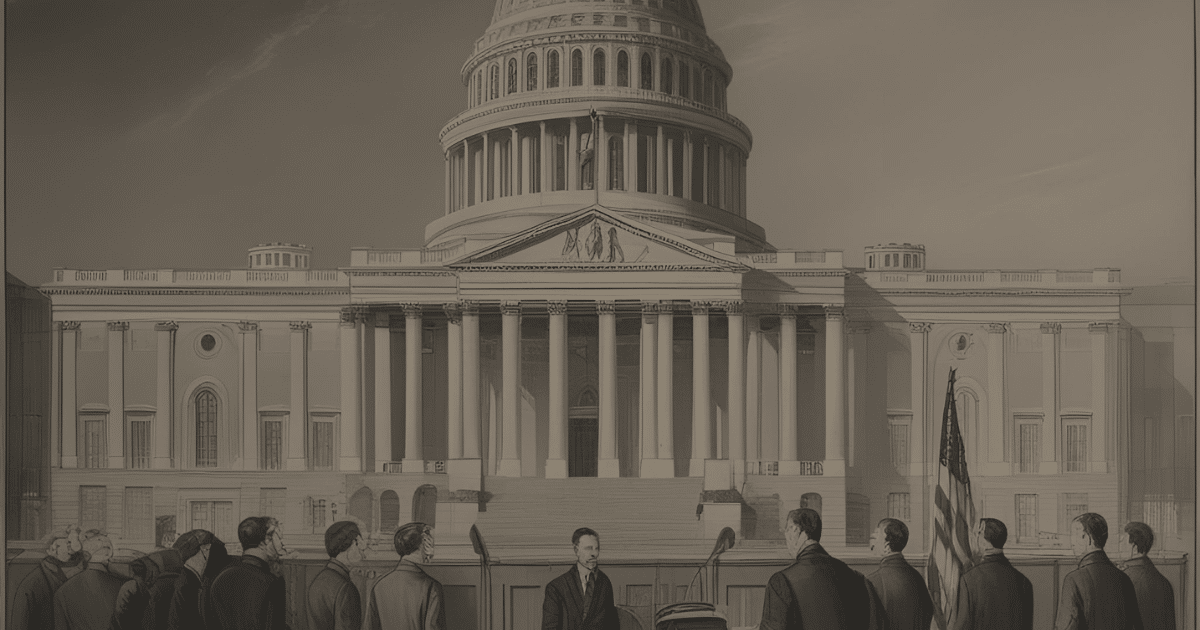College sports are on the brink of seismic change, but a major step toward Federal NIL Reform has just been put on hold. Plans for a presidential commission—intended to tackle some of the thorniest issues in college athletics—have been abruptly paused as lawmakers turn their attention to federal legislation.
Why Was Federal NIL Reform Delayed?
The White House’s decision to halt the commission came after discussions with key lawmakers, especially Senator Ted Cruz, who now chairs the Senate Commerce Committee. Cruz urged the pause so Congress could focus on crafting a new federal law to bring order to the current chaos surrounding NIL and athlete compensation. Right now, states have a patchwork of different NIL rules, leading to confusion and competitive imbalance across college sports.
Cruz believes national standards are needed to protect student-athletes, prevent exploitation, and ensure a level playing field. He’s been vocal about the need for federal oversight, arguing that “the current NIL environment is chaotic, and without clear federal guidelines, we risk an uneven playing field that could undermine the integrity of college sports”.
Who Was Involved?
The commission was expected to include high-profile figures like legendary Alabama football coach Nick Saban as co-chair. Saban’s leadership was seen as a potential game-changer, bringing credibility and experience to the table as the group examined issues like revenue-sharing, Title IX, and the impact of TV contracts. However, Saban himself has expressed skepticism about the need for a commission, suggesting that the real need is for decisive action from those in power.
What’s at Stake in Federal NIL Reform?
For student-athletes, the outcome of these debates could be transformative. New federal rules could bring consistent opportunities and protections no matter where they play, but might also introduce limits on earnings or how NIL deals are structured. The goal is to create a system that benefits athletes while maintaining the spirit and integrity of college sports.
What Happens Next?
For now, the spotlight shifts to Congress and leaders like Senator Cruz. As lawmakers work on new legislation, college sports stakeholders—from athletes to coaches and fans—are watching closely. The decisions made in the coming months will shape the future of college athletics, determining how athletes are compensated, how schools compete, and whether the traditions of amateur sports can survive in a new era. As the debate around Federal NIL Reform continues, the actions of Congress will be pivotal in shaping college sports for years to come
Stay tuned: the next chapter in college sports is still being written.
P.S. Need expert guidance? We’re here to help.




